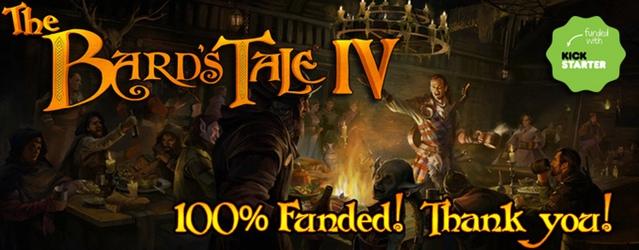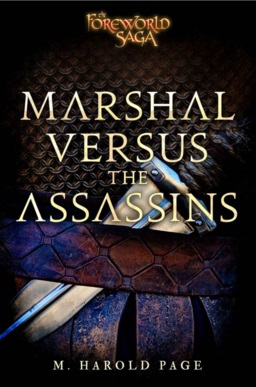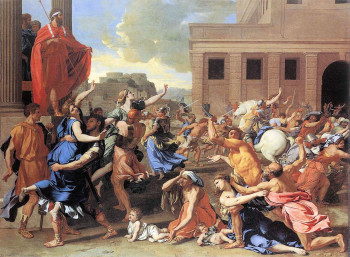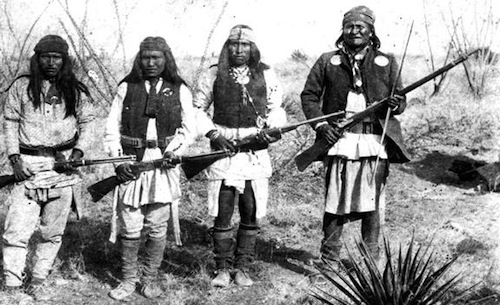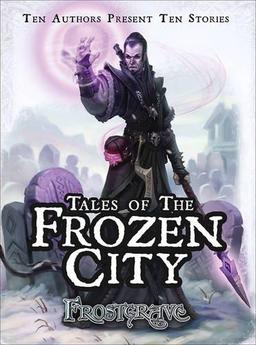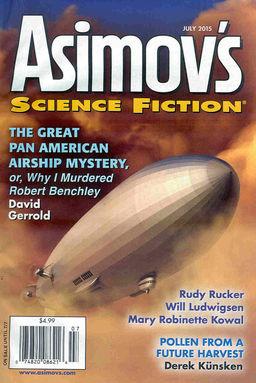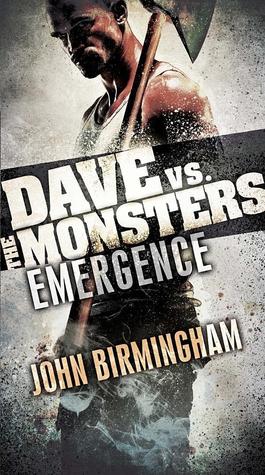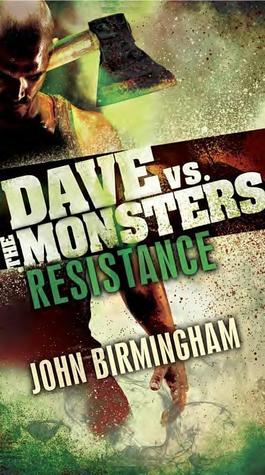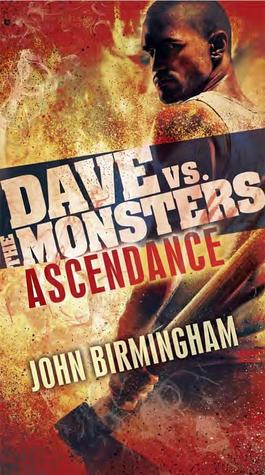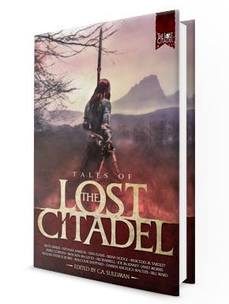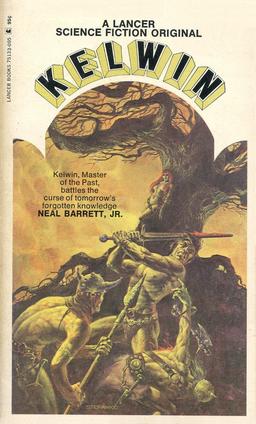The Bard’s Tale IV Kickstarter Fully Funded After 12 Days
The Bard’s Tale was one of the first computer role playing games I ever played. It was developed in 1985 by Interplay, and published by Electronic Arts. I was in grad school at the time, and I’d play on the computers in the lab. Wandering around the 30×30 map of the ancient town of Skara Brae at night, getting killed by monsters, over and over (and over…) again. Good times, good times.
The Bard’s Tale sold, like, a billion copies, and became one of the big RPG franchises of the 80s (alongside Wizardry, Ultima, and SPI’s Gold Box games). There were two sequels and a construction set, before Interplay split off from Electronic Arts and began developing Dragon Wars (which was called Bard’s Tale IV until a month before its release in 1990). The Bard’s Tale franchise became dormant then, until Interplay founder Brian Fargo revived it for the first release from InXile Entertainment, The Bard’s Tale, in 2004. That game was a light-hearted console-style action game (with some absolutely killer tavern tunes).
Fast forward to 2015, where InXile Entertainment is now a triple-A studio with one of the finest RPGs in recent memory under its belt, Wasteland 2, and a reputation for record-breaking Kickstarter successes (Wasteland 2 and Torment: Tides of Numenera.) On June 2 Brian Fargo and team launched a new Kickstarter campaign, to fund a sequel to the original Bard’s Tale trilogy. The Bard’s Tale IV promises to be a modern single-player, party-based dungeon-crawler, an experience rich in exploration and combat, and “dungeons filled with challenging puzzles and devious riddles.” InXile set a goal of $1.25 million, and crossed that threshold in just 12 days. With 22 days to go, the campaign has over 28,600 backers, and plenty of exciting stretch goals, like free copies of the original games, a code wheel, and more. Check out the Kickstarter page here.
